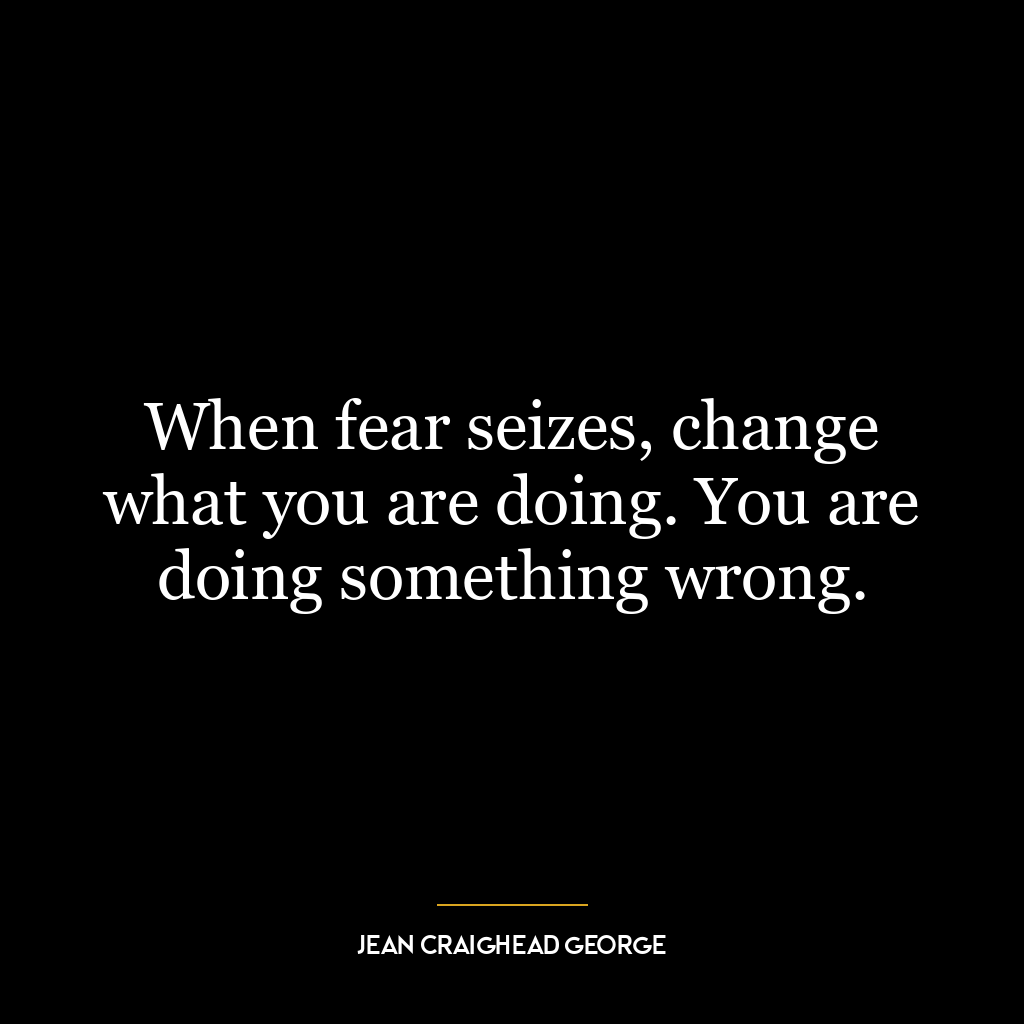This quote emphasizes the power of fear as a motivating force. It suggests that the desire to win, while important, is not as compelling as the fear of losing. This fear can push individuals to work harder, strive further, and dig deeper to avoid the sting of defeat. It’s not just about the thrill of victory, but also about the dread of defeat.
This fear of loss can be a powerful motivator, driving us to go beyond our limits, to push ourselves harder than we think we can. It can lead to personal growth and development, as we learn to face our fears and overcome obstacles. However, it’s important to balance this fear with a healthy desire to succeed, as too much fear can lead to anxiety and stress, which can be counterproductive.
In today’s world, this idea can be applied in various contexts. In business, for example, companies often innovate and improve their products not just because they want to succeed, but because they’re afraid of being outperformed by their competitors. In personal development, individuals might push themselves to learn new skills or improve existing ones, not just because they want to be better, but because they’re afraid of being left behind or becoming obsolete.
In sports and fitness, athletes often train hard and push their limits, not just because they want to win, but because they’re afraid of losing. They’re afraid of the disappointment, the letdown, the feeling of not being good enough. This fear can be a powerful motivator, pushing them to work harder, to strive for perfection, to never give up.
However, while fear can be a powerful motivator, it’s also important to remember that it should not be the only driving force. A healthy desire to succeed, coupled with a fear of failure, can lead to a balanced and effective approach to achieving goals. Too much fear can lead to stress and anxiety, which can be counterproductive. So, while it’s important to be scared to lose, it’s equally important to want to win.










